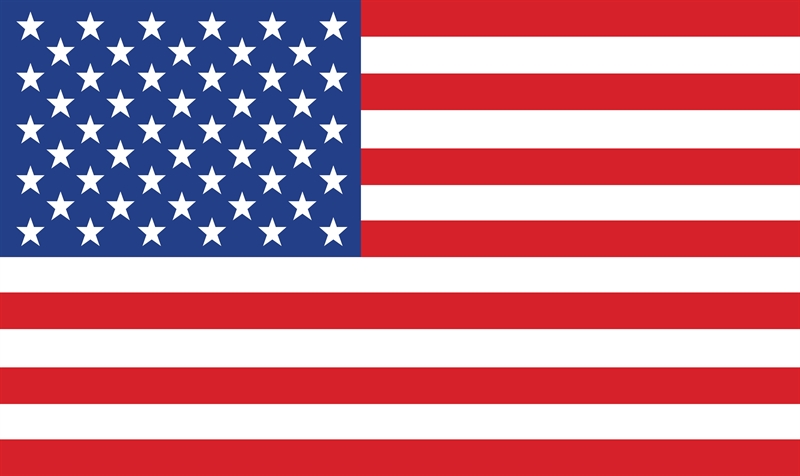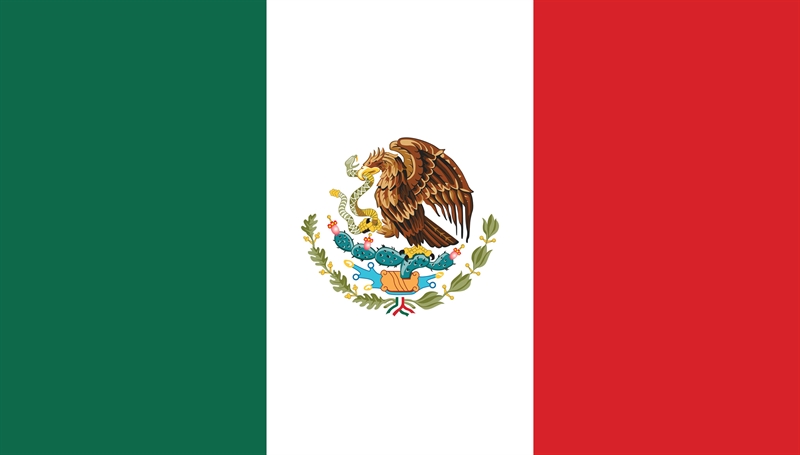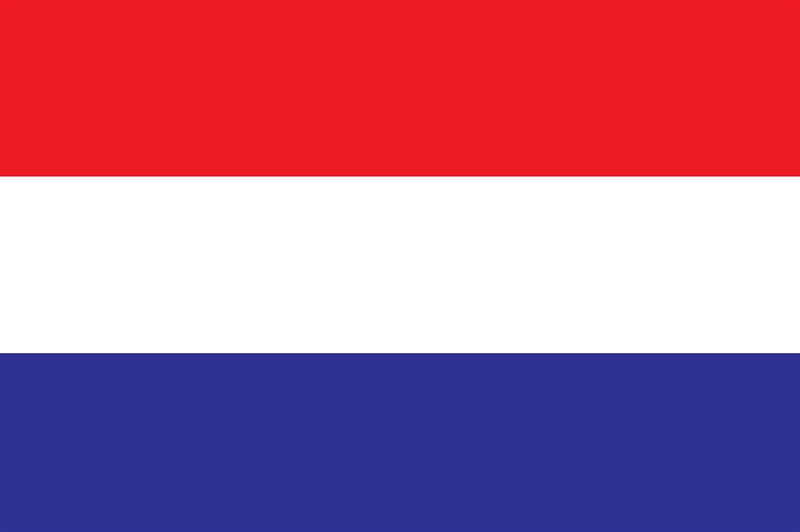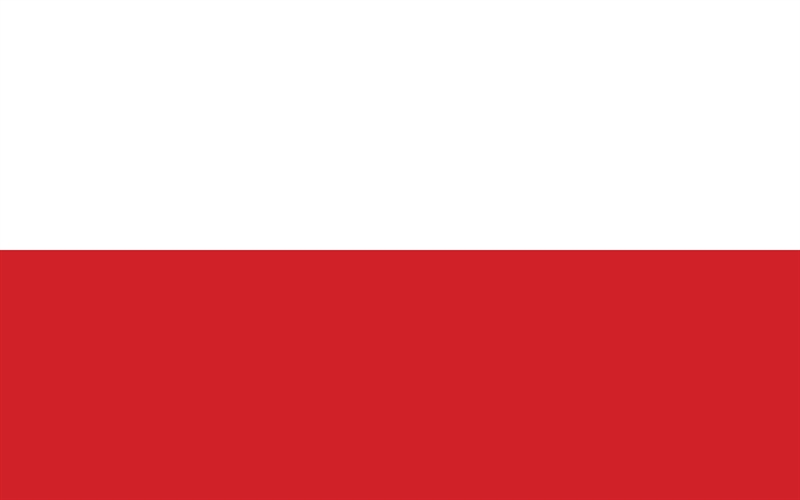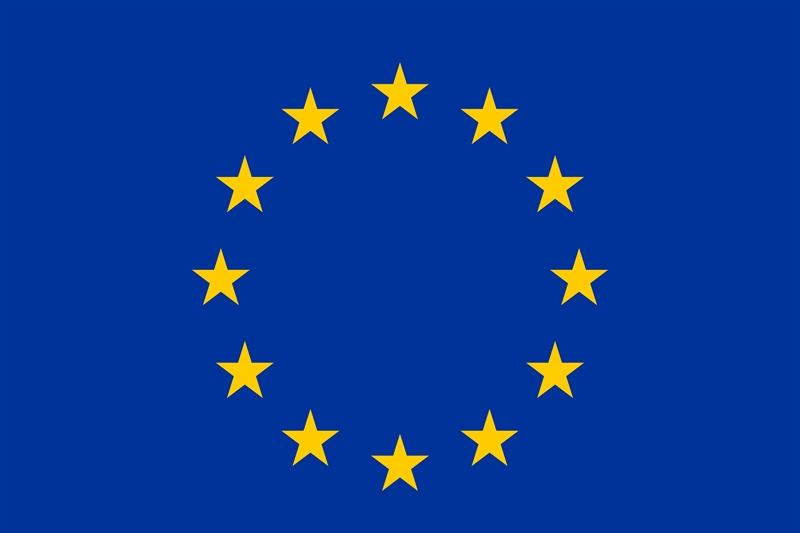| 2. |
Agency issues statement in support of termination of Choice Hotel’s proposed takeover of Wyndham Hotels & Resorts. |
On March 11, Choice Hotels International abandoned its nearly year-long effort to acquire Wyndham Hotels & Resorts in a hostile tender offer, after repeated rejections and failure to gain enough support from Wyndham’s shareholders. Among the reasons for Wyndham’s rejections were anticipated antitrust regulatory concerns, as the parties compete against one another in the franchising of budget hotel lodging.
In response, FTC Bureau of Competition Director Henry Liu issued the following statement:
“I am pleased that Choice Hotels International has abandoned its efforts to seize control of its rival Wyndham Hotels & Resorts. The FTC was closely scrutinizing Choice’s tender offer as well as its efforts to replace the Wyndham Board of Directors with its own hand-picked slate of nominees. Each of these actions posed serious competition questions and their abandonment is a win for consumers.
The FTC will continue to monitor this industry. We will not hesitate to enforce the antitrust laws to ensure that travelers have access to quality, affordable lodging and that hotel franchisors compete on the merits for franchisees.”
| 3. |
FTC appoints Jay L. Himes as new administrative law judge. |
On March 12, the FTC announced the appointment of Jay L. Himes to serve as a second administrative law judge (ALJ), joining ALJ Judge D. Michael Chappell. ALJs are responsible for independent adjudicative fact-finding in the FTC’s administrative litigation and rulemaking proceedings. For the last 16 years, Judge Chappell has been the FTC’s sole ALJ. Himes was a former top antitrust lawyer with the New York Attorney General’s Office, with antitrust experience representing the Open Markets Institute.
“The commission is expanding the number of administrative law judges to help handle an increased workload stemming from FTC rulemakings and enforcement matters as well as reviews of final civil sanctions imposed by the Horseracing Integrity and Safety Authority, a private nonprofit that the FTC oversees,” the FTC said in the announcement.
| 4. |
FTC issues infant formula supply disruptions report. |
On March 13, the FTC issued a report on market factors relevant to infant formula supply disruptions detailing aspects of the market “that rendered it vulnerable to supply disruptions in 2022.” The report also outlines a number of considerations for policymakers.
The report follows a request for information launched in 2022 that solicited comments from members of the public, industry, trade groups, and academics.
Among those factors, the report notes that “infant formula market for several decades has been highly concentrated among relatively few manufacturers” and that, in particular, manufacturers for certain specialty infant formula products have long held high market share in their respective categories. In a separate statement, Commissioner Bedoya wrote: “[t]his report underscores the heightened dangers of market consolidation in critical sectors.”
| 5. |
FTC releases report on grocery supply chain disruptions. |
Similarly, on March 21, the FTC released its report on the causes behind grocery supply chain disruptions resulting from the COVID-19 pandemic, finding that “large market participants accelerated and distorted the negative effects associated with supply chain disruptions.”
The report states that the pandemic “revealed that concentration can undermine market resiliency and create market fragility,” noting that “[t[he retail grocery sector has undergone significant consolidation over time, with the top four firms accounting for over 30 percent of the sales in 2019, as compared to around 15 percent in 1990” and that “[m]uch of the consolidation is attributable to larger, national firms acquiring smaller regional chains.”
As such, “limited competition can lead to bottlenecks that increase the impact of supply chain shocks on different businesses and consumers while simultaneously creating opportunities for further entrenchment.”
Also according to the FTC report, “the pandemic also prompted some larger firms to consider buying manufacturing suppliers, which potentially threatens to make certain supply chains even more concentrated in the future.” The FTC has become increasingly concerned about supply chain resiliency in the context of vertical mergers and acquisitions between customers and their suppliers in “critical sectors.”
The report’s findings follow review of materials received in response to orders the FTC issued in 2021 under Section 6(b) of the FTC Act to various market participants, as well as incorporate publicly available data on industry costs and revenues.
| B. |
Department of Justice (DOJ) Civil Antitrust Division |
Antitrust Division, along with FTC and the Department of Health and Human Services, launch inquiry on “Impact of Corporate Greed in Health Care.”
On March 5, The FTC, DOJ, and HHS jointly launched a cross-government public inquiry into private-equity investments in health care, issuing a request for information (RFI) and, on the same day, hosted a virtual public workshop soliciting the views of many market participants, including health care practitioners, and discussing anticipating government actions to investigate the impact of private equity investment.
According to the press release, “Private equity firms and other corporate owners are increasingly involved in health care system transactions, and, at times, those transactions may lead to a maximizing of profits at the expense of quality care. The cross-government inquiry seeks to understand how certain health care market transactions may increase consolidation and generate profits for firms while threatening patients’ health, workers’ safety, quality of care, and affordable health care for patients and taxpayers.”
The RFI requests public comment on deals “conducted by health systems, private payers, private equity funds, and other alternative asset managers that involve health care providers, facilities, or ancillary products or services,” including transactions that would be below the HSR Act reporting thresholds. In this regard, the agency continues to probe serial M&A activity whereby a platform embarks on a strategy of growth focused on acquisitions of competitors for which individual deal values are below the HSR threshold.
FTC Chair Khan’s remarks make clear that the agency believes that private equity investment often leads to facilities “slash[ing] staffing and cut[ting] quality” and taking on unsustainable levels of debt through various financing means intended to boost profits in the short term and facilitate a quick exit in a later sale of the business. Through this inquiry, “the FTC will continue scrutinizing private equity roll-ups, strip-and-flip tactics, and other financial plays that can enrich executives but leave the American public worse off.”
| 1. |
TCS John Huxley America, Inc. et al v. Scientific Games Corp., et al.; In the US District Court for the Norther District of Illinois, Case No. 19 – 1846. |
On March 28, Judge Robert Blakey denied Scientific Games (SG)’s motion for summary judgment in part, saying makers of a competing product and its distributor showed sufficient evidence to suggest SG “literally cornered the relevant market on casino-grade automatic card shufflers in the United States,” as “virtually all sales of casino grade shufflers in the United States trace back to Defendants.” SG manufactures, sells, and leases automatic card shufflers for use in casino games. Plaintiffs manufacture a competing automatic card shuffler. This case is just one of several among the parties. Plaintiffs now claim SG’s 2008 and 2012 suits were sham litigation pursued to crush the competition. Plaintiffs also claim SG defrauded the patent office to secure patents improperly and then drive out market competitors.
According to plaintiffs, through the procurement of invalid patents and sham litigation, SG monopolized the automatic card shuffler market. In its summary judgment motion, SG argued that the plaintiffs failed to properly identify a relevant market and to support the claims with substantive evidence. The court found that plaintiffs provided sufficient evidence to suggest that SG has cornered the relevant market on casino-grade automatic card shufflers in the United States. The court also denied SG’s challenge to plaintiffs’ damages. According to the court, an antitrust plaintiff excluded from a market by anticompetitive activity is “entitled to recover as damages the difference between what it would have made in a hypothetical free market and what it actually made.” The court determined that the defendants could cross examine plaintiffs’ expert at trial to challenge the plaintiffs’ evidence and expert theory, but would not strike the plaintiffs’ damages model. The court granted SG’s motion with regard to plaintiffs’ lack of evidence to support a claim that SG had specific intent to defraud the patent and trademark office by failing to disclose certain prior art. But otherwise, the court allowed plaintiffs’ claims to proceed.
| 2. |
Cavalleri et al v. [Luxury Retailer],2 in the US District Court for the Norther District of Ca., Case No. 3:24-cv-01707. |
A luxury retailer is facing a lawsuit alleging illegal tying under both the Sherman Act and the Cartwright Act relating to the terms imposed over the purchase of its high-end handbags. According to the complaint, sales associates screen potential purchasers to determine whether they have sufficient purchase history of other brand products to allow them to qualify to purchase the bag. Prior qualifying purchases include shoes, scarves, belts, jewelry, and home goods. Sales associates are allegedly compensated based on commission, which encourages sales of ancillary, or tying, products because no commission is paid on the sale of the bag, or tied product, itself. According to the complaint, only consumers who are deemed to have purchased sufficient tying products are then considered worthy of purchasing the high-end and highly sought after handbag are shown a bag in a private room and given the opportunity to purchase that particular bag only. Plaintiffs claim that though they spent tens of thousands of dollars on ancillary products, they were denied the ability to purchase a bag. Plaintiffs seek to represent of class of similarly situated individuals.
| 3. |
KPH Healthcare Services, Inc. v. ASR Group International, et al. U.S. District Court, Southern District of New York, 24-cv-01941. |
Several of the largest producers and sellers of granulated sugar in the United States, including Domino Foods Inc. and American Sugar Refining, face a class action lawsuit accusing them of conspiring to artificially inflate the price of sugar.
The antitrust suit, filed March 14 in U.S. District Court for the Southern District of New York, alleges that the sugar companies shared nonpublic information about sugar prices, sales, and demand in order to carry out a price-fixing scheme over the past several years. The plaintiffs allege that victims such as food and beverage manufacturers, retailers, and other direct purchasers of sugar paid unnecessarily high prices as a result of the improper sharing of competitively sensitive information such as prices, volume, sales figures, and other non-public information. Several follow-on lawsuits were filed a week later in Minnesota.
|





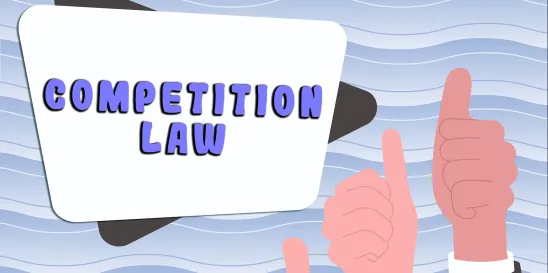
 />i
/>i